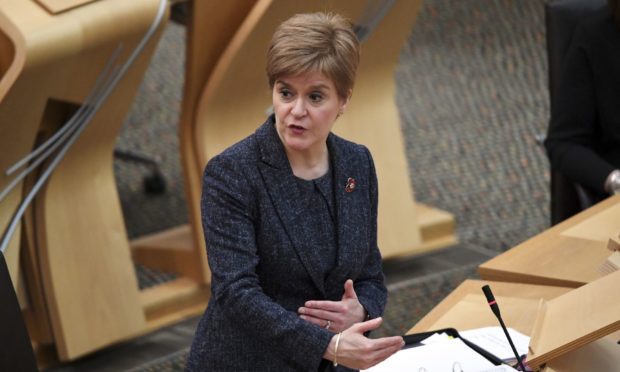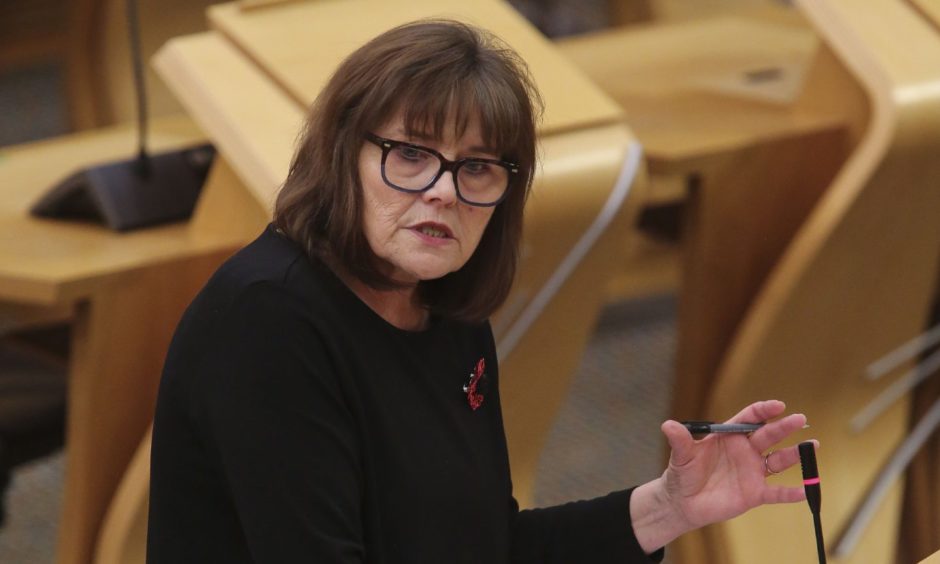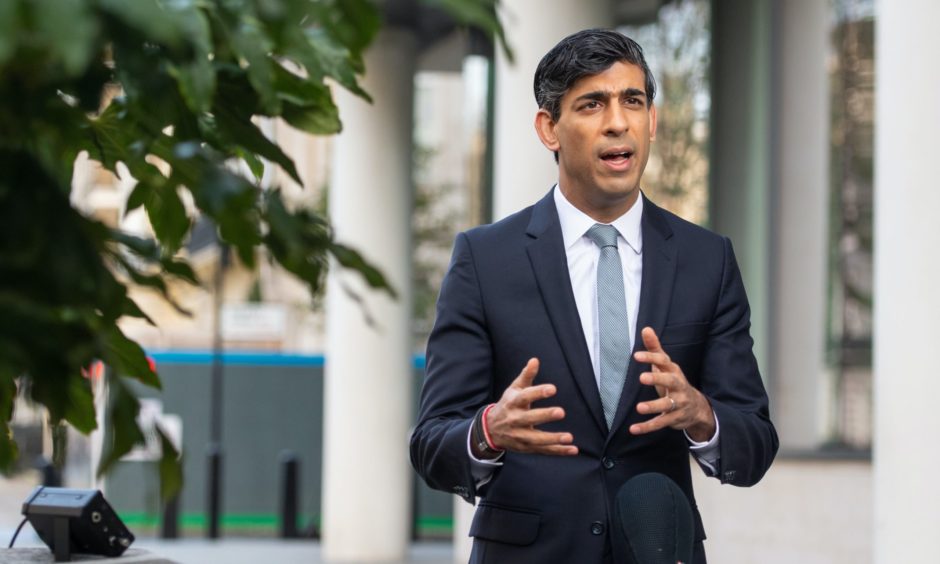The First Minister is in discussions with the UK Government on plans for a ‘cautious relaxation’ of coronavirus restrictions over the festive period.
Health Secretary Jeane Freeman told Politics Scotland that Nicola Sturgeon is in talks with Cabinet Office Minister Michael Gove and the devolved administrations of Wales and Northern Ireland, which have been “productive and constructive so far”.
It comes as Prime Minister Boris Johnson prepares to reveal his “winter Covid-19 plan” to the House of Commons on Monday, including how people can see their loved ones over Christmas.
All four nations have noted their preference for reaching an agreement that would apply UK-wide and allow people to visit family members regardless of where they live but it remains unclear whether a final deal will be reached.
Speaking on Politics Scotland, Ms Freeman said: “The aim if we can is to reach an agreement across the four-nations that allow for some cautious relaxation around Christmas because we understand people do want to spend a little time with their family.
“We have to be careful here because we know as soon as we start mixing together the virus will spread.”
At the Scottish Government’s daily coronavirus briefing on Friday, Nicola Sturgeon said tougher restrictions imposed across areas of the central belt for a three-week period up to December 11 will hopefully allow measures to be relaxed in time for Christmas.
‘It’s not going to be a normal Christmas this year’
The Prime Minister is expected to set out plans for the Christmas-period as part of a statement on Monday confirming an end to the national lockdown in England on December 2 and a return to the tiered system.
Chancellor Rishi Sunak addressed suggestions that for every day the restrictions are relaxed over Christmas, five days of tighter restrictions could be needed.
What changes are you going to be making this Christmas?
"I wait with everyone else, we'll see what the Prime Minister sets out this week" says Chancellor Rishi Sunak. #Ridge
Read more here: https://t.co/7gDg3UeJWP pic.twitter.com/MHCaYq6HGR
— Sophy Ridge on Sunday (@RidgeOnSunday) November 22, 2020
Speaking to Sophy Ridge on Sunday, he said: “The deputy chief medical officer spoke about this just the other day and I think it’s difficult to be so precise and granular about the impact of any individual measure that we might take.
“That’s why I said it’s not going to be a normal Christmas this year. I think the good news is we’re going to be exiting national restrictions, which is something that I think people at the beginning of this were doubtful of and we said that was very much what we wanted to deliver, and we are going to deliver that.
“The Prime Minister will be setting out more details tomorrow about going back to a more localised approach, seeing what we can do to allow families to see each other at Christmas time.
“But it is not going to be normal.”
Mr Sunak refused to be drawn on the specifics of Mr Johnson’s plans to return to the tiered system in England, adding that the Cabinet were meeting later on Sunday to finalise the details.
However, he hinted that the government will review the 10pm curfew for pubs and restaurants across England – which was in place before national restrictions were reintroduced.
The Prime Minister is understood to be preparing to unveil a plan that while last orders must be called at 10pm, people will get an extra hour to finish their food and drinks, with opening hours to be extended until 11pm.
Speaking to BBC’s Andrew Marr, Mr Sunak said: “It’s definittely something that we’re looking at and I think, as I said, one of the things we’ve been able to do as we’ve learned is get data, see what works and see where we can improve things.”
However, Mr Johnson runs the risk of rebellion from backbench Conservative MPs when they vote on the restrictions in the days before they are scheduled to come into force on December 2.
On Saturday, the coronavirus recovery group (CRG) of Tories resisting new curbs warned that they “cannot support” a tiered approach unless the government produces a cost-benefit analysis showing they “will save more lives than they cost”.


